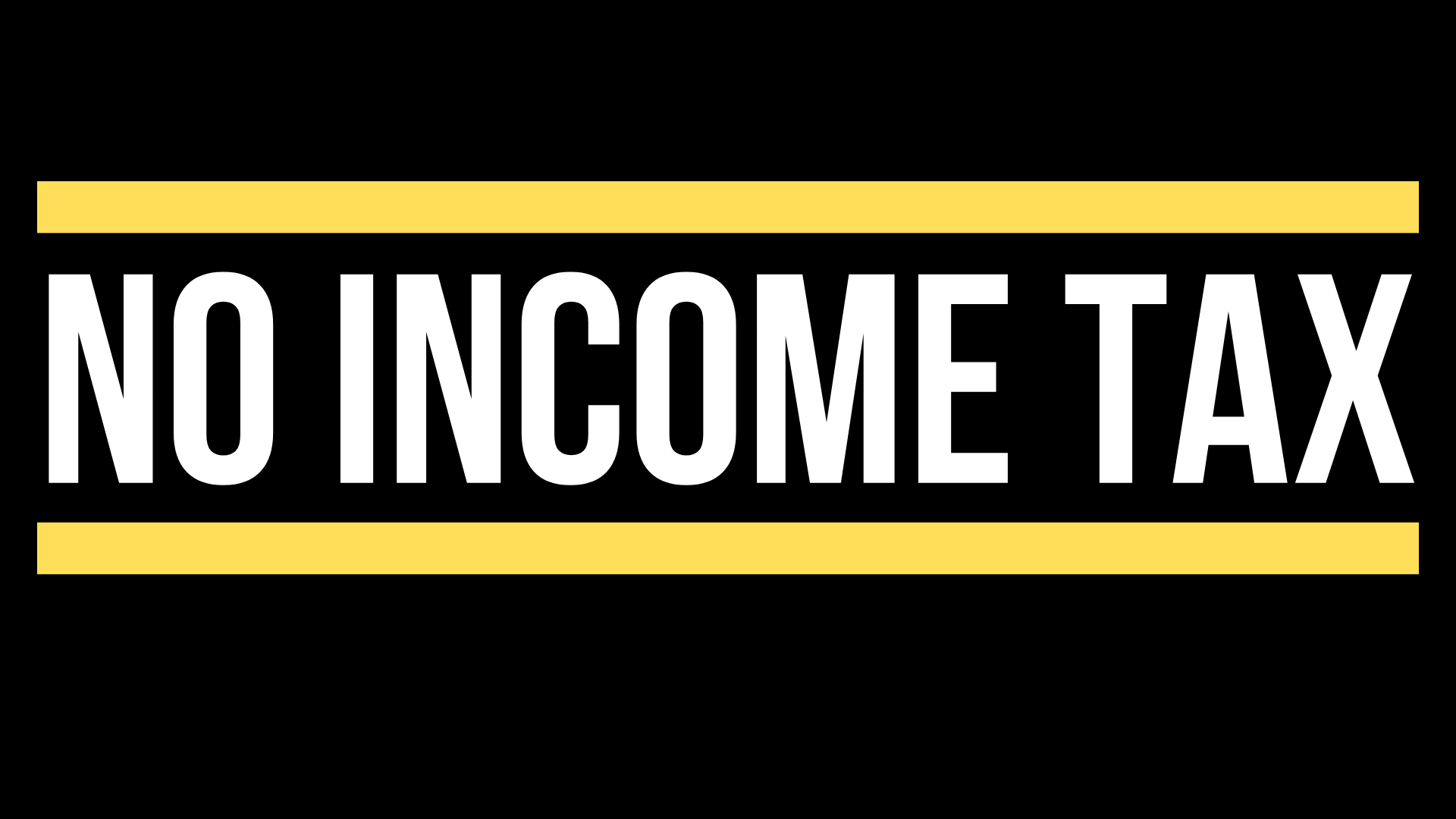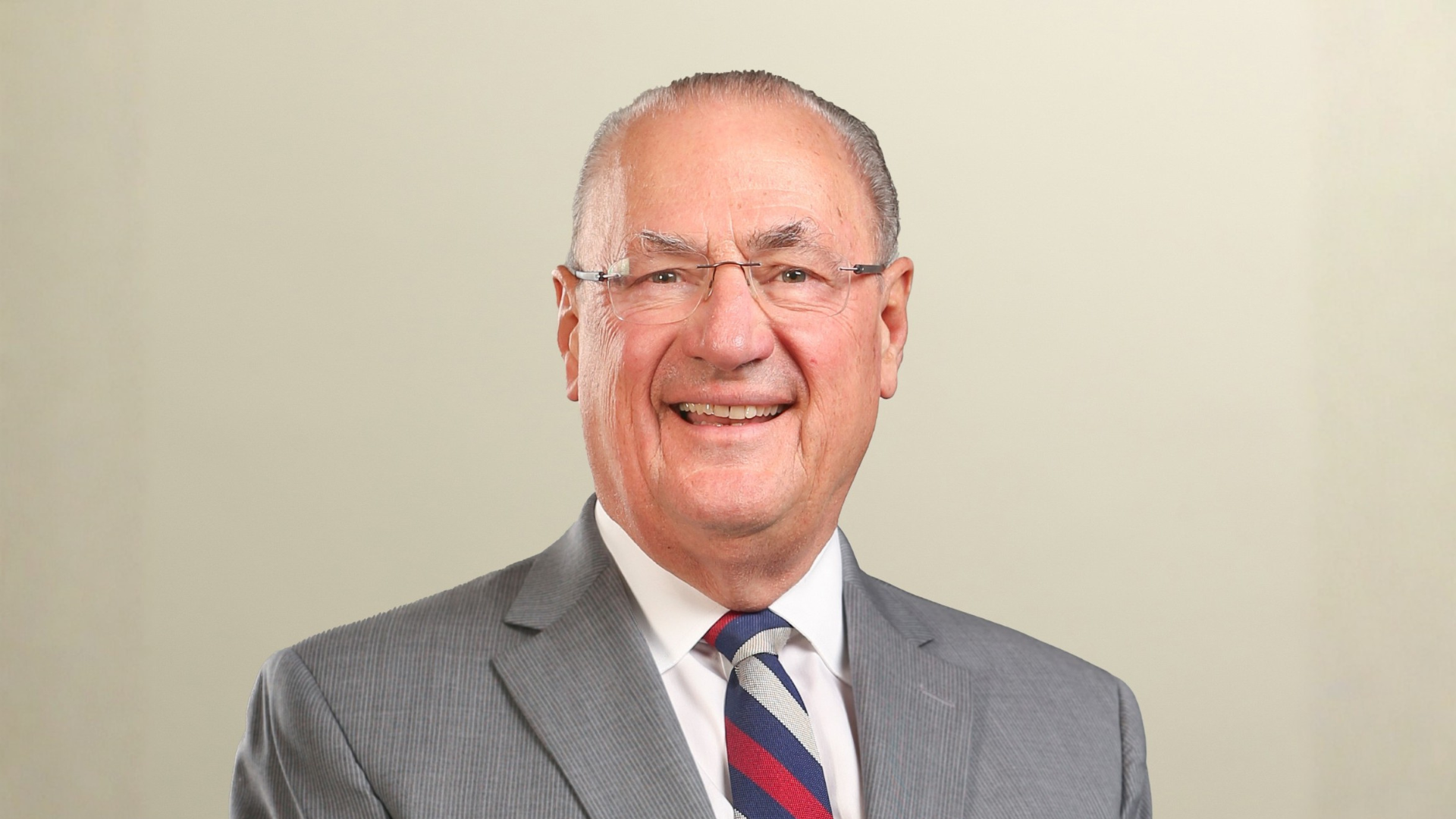News of Charlie Kirk’s murder reverberated through the nation like thunder warning of storms to come. For the online generations, Kirk was an iconic superstar, a self-taught young man with endless energy, a quick wit, and a charming, boyish smile that attracted massive crowds at college campuses. His trademark was to sit behind a table with a microphone and “debate anyone.” Students would challenge him on everything from hot-button topics like abortion, transgender policies, and DEI to his support for capitalism, his religion -- even which Star Wars sequel was best.
In an age of cable news “debates” in which opposition rarely gets time to make a full point, Kirk stood out. His online videos show him speaking boldly his position but then asking his challengers for their story or giving them the chance for follow-ups or counter-challenges. He’d quiet crowds so that opponents' full points could be heard. He engaged his detractors and frequently seemed to like them.
He built one of the biggest youth organizations in the nation, Turning Point USA, and his skill and energy may have tipped the scale in elections.
Many reports have called him a “divisive figure” but speaking for myself, his example of debating hard, divisive issues and doing so with civility and grace, looked less about division and more about showing the spirit of community. His frequent appeals to faith, to grace and the power of forgiveness that one can easily find should cast doubt on some of the less charitable characterizations of Mr. Kirk that look based on snippets of a video without the clarifying context. (And when one speaks extemporaneously, in public, across a broad spectrum of issues for hours a day, odds are, you'll say something you regret at one point or another, so even if one could find a clip that makes Kirk wrong in their eyes, should it wholly define him?)
Throughout the country, young people inspired by Charlie Kirk wept. His videos, which had already been seen by millions, are now being seen by tens of millions more. Politicians from President Trump to former Presidents Obama and Clinton, expressed sympathy for Charlie Kirk’s family and outrage that someone in the United States of America could be shot for speaking his mind.
Indeed, the bullet that silenced Mr. Kirk seemed aimed at the First Amendment.
The alleged killer is now caught. His motivations will become clearer in days to come. Whether the silencing of Mr. Kirk’s views was his objective (and it’s hard to imagine any other outside side of total mental illness) or not, one thing now remains clear: there is a growing and dangerous intolerance in the United States.
I don’t need to elaborate too much here. One can take a virtual walk through social media and find plenty of examples of people celebrating or excusing Mr. Kirk’s death because they’ve opted to define views that are not their own as “hate” or motivated by it and have decided Mr. Kirk was an evil to be extinguished rather than a husband, a father, a law-abiding fellow citizens with the right to express himself and who did so in the public eye 10,000 more times than most ever will.
It's sickening and disheartening.
It’s also predictable. Warning signs were there. An Emerson College poll taken after the cold-blooded execution of United Healthcare CEO Brian Thompson on the streets of New York, showed 17 percent of voters thought the actions of the murderer were “acceptable.” Far more shocking was the poll’s revelation that among young voters, 41 percent found the killer’s actions acceptable.
Other warning signs are right here in Washington. Look at how mobs harass the elderly and disabled after Turning Point USA events at the University of Washington. Or how journalist Brandi Kruse has been attacked at numerous events.
Of course, Charlie Kirk is not the only example of political violence of late. Minnesota lawmakers where murdered, members of Congress have been targeted, and a Supreme Court Justice was targeted. There have long been mentally ill people targeting public figures, but something feels different this time. A YouGov survey from September 11 showed almost double the number of Democrats thought it justified for citizens to resort to violence in order to achieve political goals, but those numbers were relatively small, with fourteen percent of Democrats and six percent of Republicans holding that view. More hopeful was that 72 percent of Democrats and 81 percent of Republicans held that violence could not be justified.
Washington Policy Center has had a broad range of speakers come to our events including Charlie Kirk and the late Senator Joe Lieberman. We often seek speakers with whom we differ on many things but can find common ground. We cherish the First Amendment because it’s necessary for other freedoms, for challenging government, following your conscience, and even learning from others. The First Amendment guarantees are not merely for those we agree with -- after all, how often does anyone try to silence people they agree with? It's for speech you disagree with, because that's the speech our human nature is most likely to make us want to control or silence.
At WPC, we’ve been trying to host a series of debates on various topics but have found it hard to convince those who disagree to show, even with independent moderators and a willingness to commit to mutually agreeable rules for the discussion. We’ll keep trying. We cannot lose the ability to talk with one another.
Across the country, even as they mourn, I suspect thousands of Charlie Kirk’s fans are preparing themselves to follow in his footsteps and speak boldly and debate willingly. Mr. Kirk’s expressed wish was that upon his death, he be remembered for boldly sharing his faith, "courage for my faith" as he put it.
His videos ensure it.
Mr. Kirk's full legacy is not yet written. But it's clear his death has exposed a cancerous intolerance in our society for which we must find a cure.
Charlie Kirk, 31-year old father of two and beloved husband, was shot in the throat for giving a microphone to people who disagreed with him and giving them a chance to debate him.






